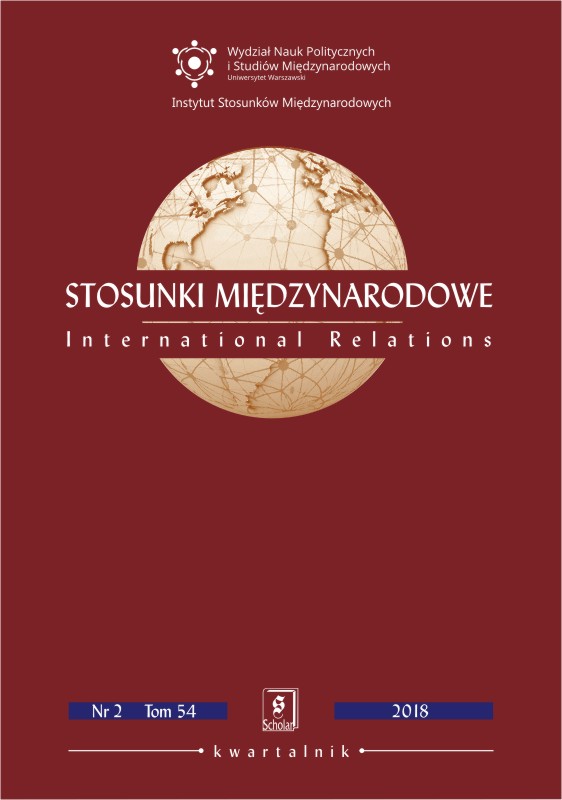Conceptualising Economic Corridors and Its Significance for South Asia
Conceptualising Economic Corridors and Its Significance for South Asia
Author(s): Siegfried O. WolfSubject(s): Politics, Economy, Sociology
Published by: Wydawnictwo Naukowe Scholar Sp. z o.o.
Keywords: Economic Corridor; Concept/Conceptualisation; South Asia; Belt and Road Initiative; BRI; China-Pakistan Economic Corridor; CPEC; Economic De - velopment; Regional Cooperation; Connectivity;Infrastructural development;
Summary/Abstract: Economic corridors (ECs) have become the centre of attention of many planneddevelopment initiatives worldwide. Yet no source has been able to provide a cleardefinition. The definition of economic corridors remains challenged largely dueto the multitude of factors determining its genesis and nature, and thus no corridormatches exactly the characteristics of another. Most of the conceptional workanalysing economic corridors has been conducted in the context of spatial planningand geography, centred around urban development and potential spill-over effectsinto peripheral (rural) areas, predominantly linked with ADB-initiated projectsin Southeast Asia. Although many studies about Beijing’s Belt and Road Initiative(BRI), and especially those concerning the China-Pakistan Economic Corridor(CPEC), have been published in recent years, it will turn out how far these BRIrelatedanalyses will contribute to the conceptualisation and commonly acceptedtheoretical understanding of ECs. In brief, the paper understands ECs not onlyas infrastructural measures facilitating transport but rather as a comprehensivedevelopment approach to foster industrial capabilities, services, trade and investment.It is therefore expected that the establishment of ECs will be accompanied by crucialsocial and political impacts. To realise their full potential, economic corridors needto determine their economic, organisational, institutional, behavioural, political,and planning characteristics. Without these characteristics, any ‘corridor’ cannotbe considered ‘economic’. Furthermore, it is argued that these characteristics notonly describe economic corridors as such but also serve as indicators to measuretheir feasibility, functionality, effectiveness and efficiency. Based on the existingliterature and the author’s own observations about ECs in Asia (Focus CPEC),the paper offers a new conceptualisation of ECs based on identified characteristicsand indicators for the successful planning and implementation of ECs.
Journal: Stosunki Międzynarodowe
- Issue Year: 54/2018
- Issue No: 2
- Page Range: 79-103
- Page Count: 25
- Language: English

